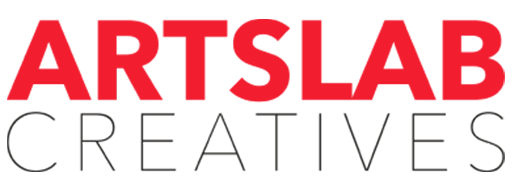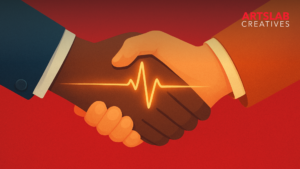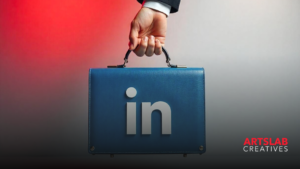Customer expectations are higher than they have ever been. Brands are no longer competing on product or price alone, they are competing on experience. That’s where CRM (Customer Relationship Management)platforms step in, not just as a sales tool, but as the backbone of modern business strategy, especially in B2B sales and marketing.
As we touched on in our previous article on LinkedIn B2B marketing, a robust CRM system isn’t just helpful, it’s a crucial starting point, particularly for your B2B marketing strategy. It ensures your outreach is targeted, relevant, and backed by relationship-driven insights that scale.
In this article, we cover:
What CRM Means
Tracking Every Touchpoint
HubSpot CRM vs Salesforce: Which One is Right for You?
CRM vs ERP: The Difference?
CRM and Personalisation
CRM: A Strategic Growth Engine
CRM is The Foundation
What CRM Means
Let us clear up one of the biggest misconceptions about CRM systems: CRM isn’t just for sales teams. Yes, it plays a vital role in lead management, pipeline tracking, and sales forecasting. But in reality, a well-integrated CRM benefits every corner of your organisation, from marketing and customer service to operations and product development.
A CRM system captures and organises real-time data on each customer’s behaviour, preferences, feedback, and purchase history. This gives your business a 360-degree view of the customer. So instead of siloed information or guesswork, every team can act based on real insights. CRM data ensures you’re aligned with what the customer actually wants, and where they’re hitting friction.
Tracking Every Touchpoint
Retention is the new acquisition. And CRM tools are your secret weapon in the battle to keep customers loyal.
A CRM system allows you to track every interaction a customer has with your brand, emails opened, pages visited, products browsed, support tickets raised, feedback submitted, and more. This data reveals a goldmine: your customers’ pain points, preferences, and what makes them click.
When used strategically, a CRM helps you:
- Deliver timely, relevant communications
- Anticipate customer needs before they’re voiced
- Identify at-risk customers and re-engage them
- Reward loyal users with personalised offers
In short, it turns your brand from reactive to proactive, transforming your approach from transactional to relational.
HubSpot CRM vs Salesforce: Which One is Right for You?
When it comes to choosing a CRM platform, two names dominate the conversation: HubSpot CRM vs Salesforce. They’re both powerful in their own ways, but they cater to different types of businesses and needs.
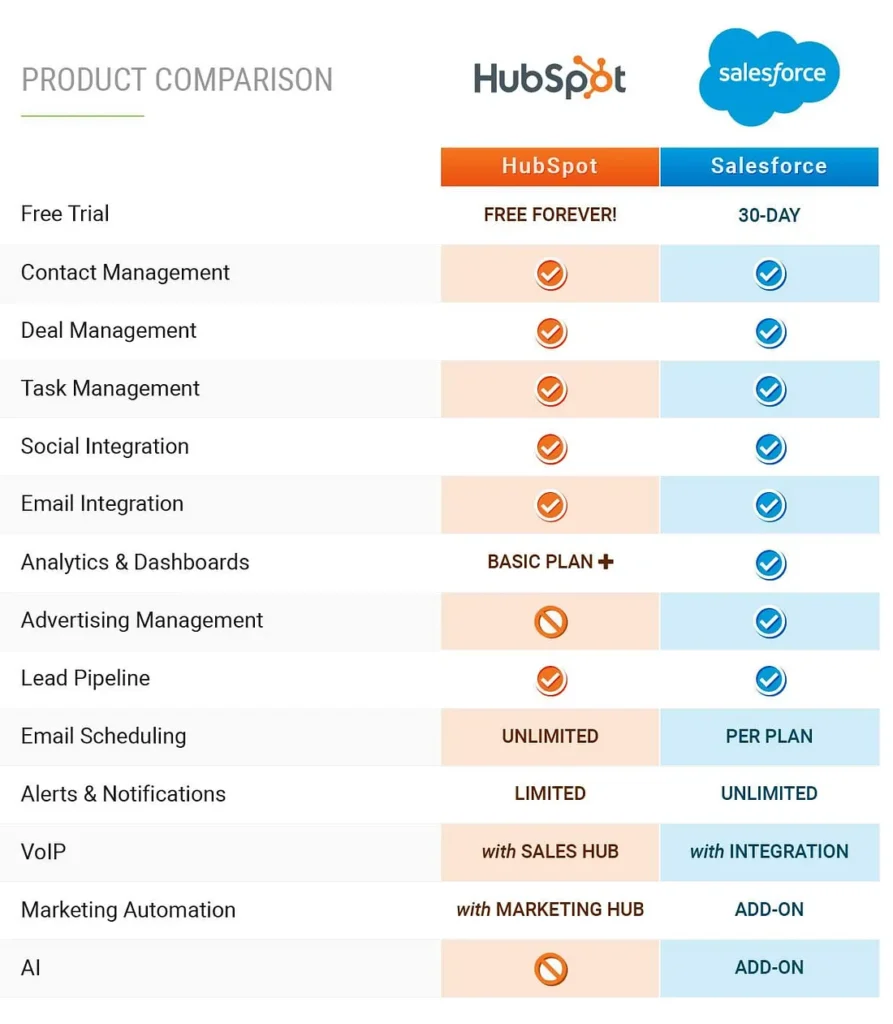
HubSpot CRM
HubSpot has built its reputation on being user-friendly, intuitive, and easy to implement. It’s especially ideal for startups, small businesses, and mid-sized companies looking for an all-in-one solution that grows with them.
Key Benefits:
- Free tier available with strong core CRM features (contacts, pipelines, deals, etc.)
- Unified interface across marketing, sales, service, and CMS tools
- Quick setup with minimal technical resources required
- Built-in marketing automation for email campaigns, lead nurturing, and more
- Integrates easily with popular tools like Gmail, Outlook, Slack, and Shopify
- Clean UI and low learning curve for non-technical teams
Who it’s best for:
- Growing teams who want simplicity and speed
- Marketing-focused organisations
- Businesses with tighter budgets
- Companies looking for an inbound marketing-led CRM strategy
Salesforce
Salesforce, by contrast, is often considered the industry gold standard—a highly robust and fully customisable CRM ecosystem built for scale and complexity.
Key Benefits:
- Highly customisable objects, workflows, and dashboards
- Deep support for complex B2B and enterprise-level sales cycles
- Rich features across Sales Cloud, Marketing Cloud, Service Cloud, and more
- Advanced reporting, forecasting, and analytics tools
- Strong ecosystem with thousands of third-party AppExchange integrations
- AI-powered features like Einstein Analytics for smarter lead scoring and insights
Who it’s best for:
- Large enterprises with multiple departments or global operations
- Teams needing highly tailored workflows and data structures
- Companies with in-house or outsourced Salesforce administrators
- Businesses looking for advanced automation, analytics, and scalability
Pricing and Complexity: A Trade-off
- HubSpot offers a freemium model and tiered pricing (Starter, Professional, Enterprise) making it more accessible for smaller teams.
- Salesforce, while feature-rich, often requires add-ons and technical support to unlock its full potential. The total cost of ownership can be significantly higher depending on the number of users, integrations, and required customisation.
CRM vs ERP: What’s the Difference?
If you’re asking “what is the difference between ERP and CRM?”, it’s a good sign you’re thinking about operational efficiency.
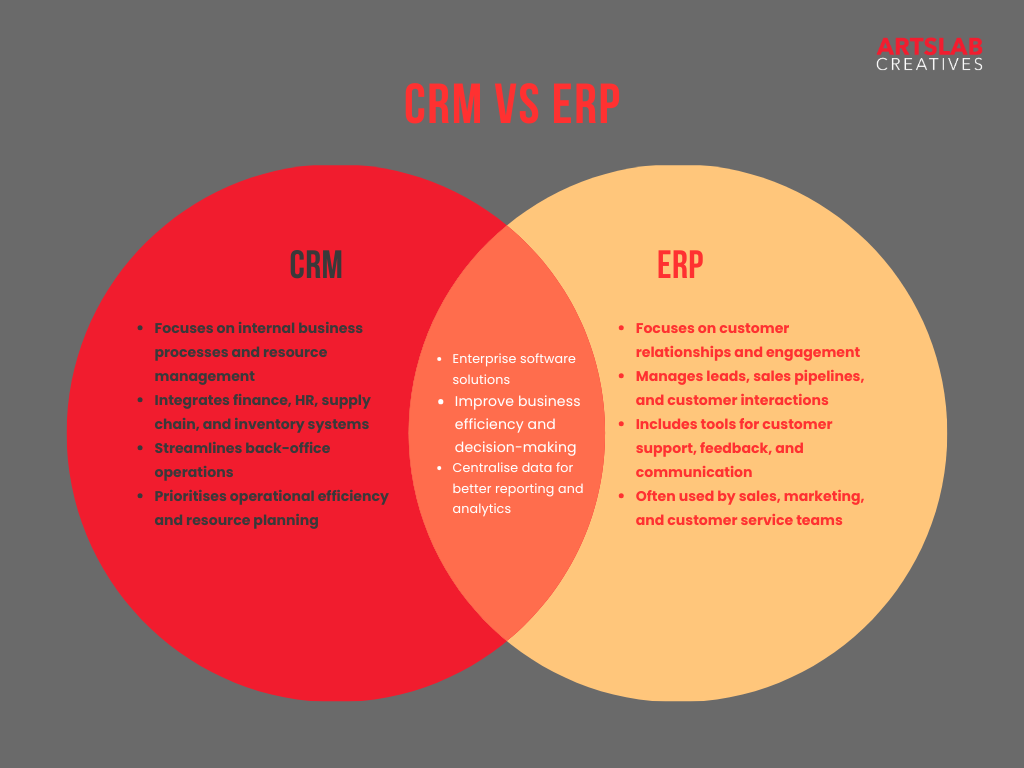
In simple terms:
- CRM focuses on managing external relationships, customers, leads, marketing, and sales.
- ERP (Enterprise Resource Planning) is about managing internal resources, finance, inventory, HR, and operations.
The two systems often work hand-in-hand. Where CRM helps you bring in customers and keep them happy, ERP ensures your backend runs smoothly to deliver those promises. Think of CRM as your business’s “front of house,” and ERP as the “engine room.”
CRM and Personalisation
One of the most powerful CRM capabilities is its ability to fuel personalised customer experiences.
Whether it’s automated email sequences tailored to buying behaviour, product recommendations based on browsing history, or targeted offers based on location, CRM data makes it all possible.
This level of personalisation not only increases engagement but builds lasting trust. And in an age where customer loyalty is fickle, relevance is everything.
For example:
- An e-commerce brand can re-engage abandoned cart users with tailored discounts.
- A SaaS company can deliver different onboarding flows for each subscription tier.
- A fashion brand can trigger seasonal lookbooks based on past purchases.
Without CRM? All of that becomes manual, error-prone, and unsustainable.
CRM: A Strategic Growth Engine
At its core, CRM meaning has evolved. It’s no longer just a contact list, it’s a strategic growth engine.
The right CRM enables:
- Better alignment between marketing, sales, and support
- Higher lead quality through improved scoring and nurturing
- Stronger retention via timely, contextual outreach
- Faster decision-making through real-time analytics
- Enhanced ROI on campaigns with closed-loop reporting
One of the most underrated advantages of a CRM system is how it fuels data-driven marketing, especially in paid media strategies. We also explored this connection in our blog “Why You Should Invest in Paid Media Campaigns in 2025 (and How to Get Started),” and how CRM insights can dramatically boost campaign performance by removing guesswork from targeting.
By collecting vital customer data, like past interactions, content preferences, demographics, and purchase behaviour, a CRM helps you build precise audience segments and craft tailored messaging. This ensures that every ad dollar is spent reaching the right people with the right message.
And most importantly, it shifts your business mindset from “selling products” to “building relationships.”
CRM is the Foundation.
In a world where customer expectations are shaped by Netflix, Spotify, and Amazon, being generic is no longer an option. CRM helps you move from generic to personal. From disjointed to seamless. From reaction to prediction.
Whether you choose HubSpot CRM for simplicity or go all-in with Salesforce for enterprise customisation, the true value lies in how you use the platform, not just which one you choose. CRM isn’t just software, it’s a strategy, a culture, and the foundation of long-term business success.
Not sure which CRM fits your business best? Let’s talk, contact us to book a quick call today.
